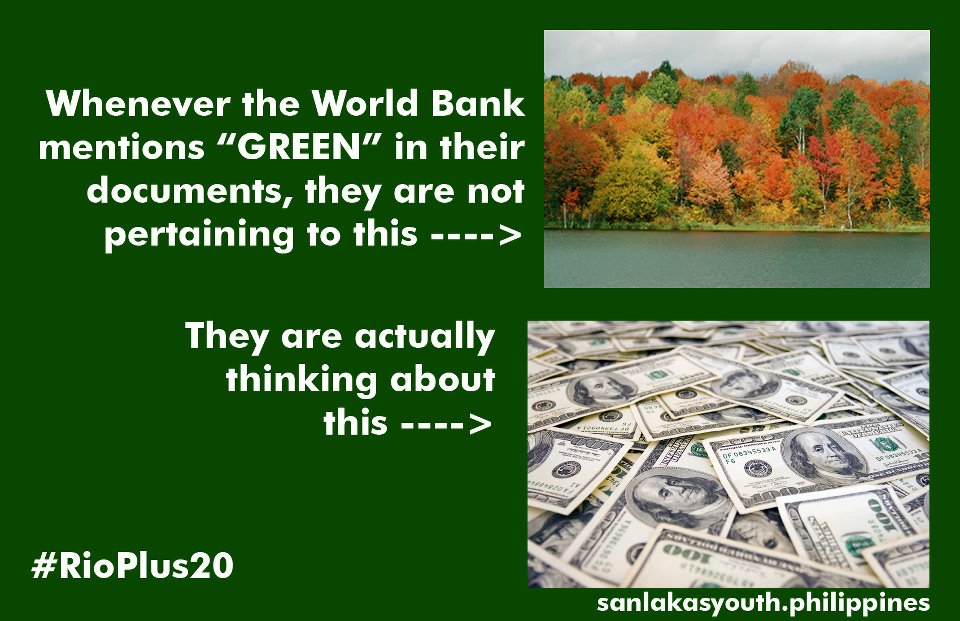In the Calderdale Council section of the Who’s Who page, I’ve been trying to figure out what all the Council talk of partnerships means – particularly in terms of what environmental partnership means and how that bears on Calderdale’s Energy Future vision.
The Calderdale Council Partnerships Support Team has now kindly cleared up a lot of questions:
What are Calderdale Council partners?
Calderdale Council partners can refer to organisations and businesses where the Council has entered into a legal partnership with one or more bodies. There is a wider definition which describes partners as those organisations, bodies or agencies where they and the Council have jointly agreed to work towards common aims. Thus the wide definition would include all those local and regional organisations that the Council works with to deliver agreed objectives.
Continue reading



